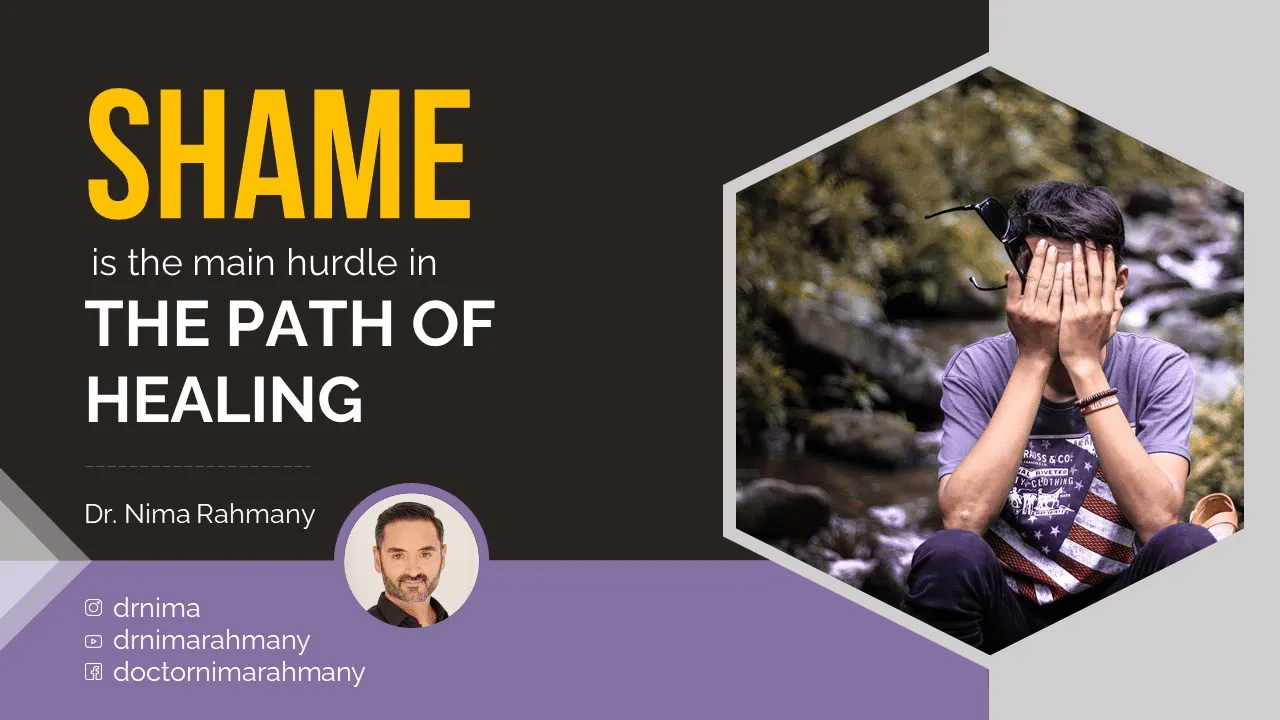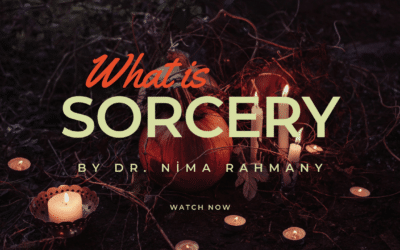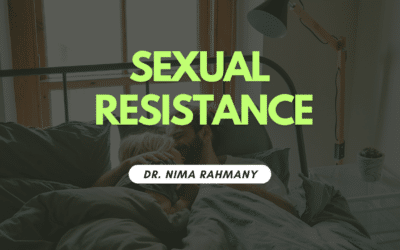In 2018, I remember hating what I saw when I looked in the mirror.
Shame— that feeling of being “inherently bad inside”
the feeling behind the reason people end their lives….
Is not something we are born with:
It’s something we are born INTO.
Like a fish being born into a fishbowl of dirty water,
we take on the shame of cultural norms we are raised in,
societal/family expectations, and unknowingly,
it lives in our bones.
It’s an energy that is heavy and it sits in your body.
You can tell when someone’s carrying it, can’t you.
Shame has a purpose, though. This is the main emotion
that can be designed for a positive use:
to allow us to co-exist with one another,
being mindful of our impact on those around us.
Healthy shame is what causes us to level up our situation.
I wouldn’t be teaching people how to transform their lives
and making an impact without it.
But when shame is left unexamined and unresolved,
the impact of the shaming that you are carrying
from the experiences growing up
becomes THE weapon that causes intergenerational
wounds that cause us to suffer physically, mentally,
and relationally.
If you want to understand what I’m talking about here,
then simply think of a childhood experience where
you were left sitting in shame without someone
to help you make sense of it.
That child inside of you— or any child for that matter—
who exhibits a behavior and has an adult
reactively shame them—
and leaves them without a conversation to repair,
without any explanations, or co-regulation,
without an empathetic witness on the same team
to guide and coach them toward a different,
healthier behavior will grow up thinking they are INHERENTLY BAD.
This creates a massive charge in the child’s Nervous System.
And without an adult there to co-regulate with,
to cope with these very challenging sensations,
in order to survive, that child responds by creating a story:
“It’s my fault. I’m too much. I’m not enough. I’m bad”.
Often, this story will get wired in again and again,
sometimes for decades.
Can you imagine the impact that might have?
If this sounds familiar, go ahead and track
the journey of several ruptures that the child inside of you
has had growing up that was never repaired.
Here’s a list of all the shame-fuelled symptoms they might experience
throughout their lives and in relationships:
Low Self-Esteem: Constant exposure to shame
leads to a deeply ingrained belief
that one is fundamentally flawed or unworthy,
manifesting as persistently low self-esteem.
Chronic Anxiety: Adults who were shamed as children
will experience ongoing anxiety,
particularly in social situations,
paralyzed by fear of further judgment or rejection.
Depression: The internalization of shame
contributes to feelings of hopelessness and depression,
as the individual will believe
they are undeserving of happiness or incapable of change.
Avoidance of Intimacy: Fear of vulnerability,
stemming from shame,
makes close relationships challenging.
Adults will avoid intimacy to protect themselves
from the possibility of being shamed again.
Perfectionism: In an attempt to counteract feelings of shame,
individuals will become perfectionists,
constantly striving to prove their worth through "flawless performance.”
Substance Abuse: To cope with the painful feelings associated with shame,
some might turn to drugs, alcohol, or other forms of self-medication.
Aggression or Anger Issues: Shame also gets externalized as anger or aggression.
This was massive in my last relationship,
and the very reason why it became abusive between us.
With shame, Individuals become easily triggered and engage in confrontational behavior
as a defense mechanism.
Fawning/Difficulty Setting Boundaries: Those raised with shame
struggle to assert their needs and set healthy boundaries, become people pleasers
as they might fear rejection or believe they don't deserve to have their needs met.
Problems with Authority Figures: Experiences of shame often leads to distrust of,
or challenges with authority figures,
stemming from early experiences of being shamed by caregivers or adults in positions of power.
Codependency: In adulthood, the quest for external validation
to counteract internal feelings of shame is the root of codependent relationships,
where the individual's self-esteem and emotional well-being are overly dependent on others.
If you can relate, you’re not alone.
You might not have known that unresolved shame was the main culprit.
That was my reality for my first 43 years of life.
And in helping people all over the world struggling in intimate partnerships,
wondering if they should stay or go,
not being able to attract love that is secure —
tired of the patterns repeating,
they are relieved to realize they all have one thing in common:
Unresolved shame.
Just like our parents did.
That means we can actually do something about it.
But without confronting it, and working through it in community,
we are passing it down to our children,
and become mortified as we will inevitably watch them struggle
with the EXACT SAME PROBLEMS listed above.
Luckily it’s never to late to break the cycle.
When we turn inward and learn how to integrate these shadows,
become Trigger-Proof,
and master the art of regulating our nervous systems,
we can sit in the discomfort of shame and guilt and do something powerful:
We can ALCHEMIZE it— turning lead into gold— and create profound healing.
And then we can help the next generation— by listening and sharing.
That way instead of having them grow up with the same
codependent dynamics that started from shame—
we get to be the ones to teach them that there is INHERENT GOODNESS inside of them.
It all starts with our willingness to get out of story,
and master the art of creating
safety within, and becoming highly skilled at repair (with our own shameful parts first.)
And what a profound impact it has not only for us, but for our kids as well.
Lightness. Laughter. Play. Connection. Authenticity. Intimacy.
The deeper I go within myself and heal with the parts of me
that were convinced they were shameful,
the more self expressed my son Dominic becomes, as my reactivity turns to
gentle responsiveness towards his behavior and emotions.
No screaming. No yelling. No shaming.
Coaching him to his own inherent goodness.
The shame spiral didn’t start with me,
but it ends with me— and that’s the biggest idea that I know of dedicating my life to.
And I’m honored to be walking that path with you.
Your wingman on the adventure,
Nima.





